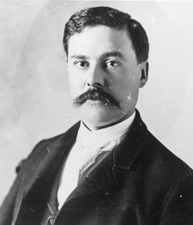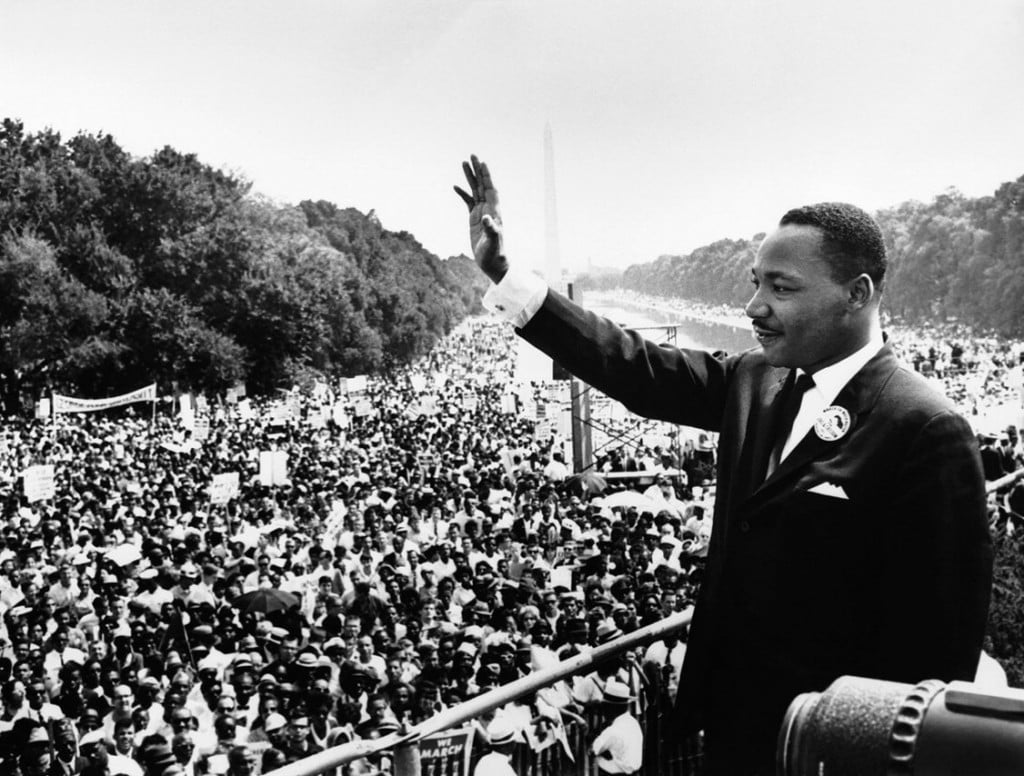“Love the Sinner, Hate the Sin."
Not sure if I hate the sin, but I hate this saying. Well, at least when used in reference to homosexuality.
The primary reason that I bristle against this saying is that I reject the idea that homosexuality is a sin. We should love everyone, including sinners. So, I am not saying that we should instead hate the sinner.
I am not rejecting the idea of sin at all. Instead, I am saying that the construct which frames homosexuality as a sin is figment of convention and tradition.
As you will notice, I am using sin interchangeably with immorality or, more specifically, acts of immorality. I do this because I view sin as anything which makes communion with God and our fellow humans impossible. These two types of communion, with God and with our fellow beings, cannot be separated and our communion with God is largely measured by the communion with have with others. Central to my conception of morality is an emphasis on respecting the autonomy and dignity of all.
I tend to adhere to the idea of autonomy advanced by the philosopher Immanuel Kant. For Kant, the thing which makes humans special (and deserving of universal respect) is that they are able to choose for themselves their own conception of the good life. Not only can we choose a conception of the good life (the type of life we want to live), but we can revise that conception as life goes on. When our views "evolve," we are being human…and in a good way. Kant’s view of autonomy and the good life expresses how I feel about freedom and morality better than anything else that I have read and contemplated.
“Love the sinner, Hate the Sin,” is a saying with great intentions. It is a way of saying “You can dislike a certain action, but you should be nice, even loving, to those that do it.” It seems to be most often used (in my experience, at least) within discussions about homosexuality. We should love homosexuals, but hate their homosexuality. Now, some might respond that it is not homosexuality, but homosexual sex which is the sin. However, while there is more to sexuality than sex…sex is a very integral aspect of sexuality which cannot be completely separated from sexuality.
The problem that I see with this saying, as applied to homosexuality is that it seeks to separate the actions of the individual from the peaceful life-style they chose to live. Now, I do not think that gays and lesbians choose to be homosexuals, but from my Kantian perspective this matter is not of moral significance (though I appreciate that for others it is) If one chooses to be gay, or even chooses to live ones sexual orientation (rather than actively suppressing it), it is part of their basic humanity to choose to do so and to live according to their conception of the good life.
Now, you may be saying, “Well, of course they can choose to be gay, Baptist, atheist, or…a Yankees fans.” But my argument goes farther. We should also respect them for their choices and show them the dignity that they deserve. By dignity I do not mean that we should merely not abuse or persecute them, but we should include them in our society as valued equal citizens. I will not get into the legal and policy implications of such an outlook here, but they are indeed vast.
What about criminals and abusers? Can’t people choose such paths as their conception of the good life? Well, this is where Kant draws a line. Kantian ethics is not relativistic. Instead, it is likely the most ardent rejection of relativism I am aware of.
Those who show a blatant disregard for human dignity (particularly when it comes to acts which assault the autonomy and dignity of others) should be viewed as immoral. They should possibly even go to jail or otherwise be controlled be the state. This includes rapists, abusers, and thieves. That said, it would be very hard to see how any of these crimes could be viewed as a reasonable conception of the good life, or integral to any such a conception, in the way that living with one’s loved-one would be. We should love the sinners within these categories while hating their sins. This may well be a challenge.
Many will point out that this saying has been used by many religious leaders in reference to homosexuality. That is true. I think that this has in many ways been used as a call for a loving approach to political and social disagreement. More importantly, it is a call to patience and charity.
When we look deeper, this attempt to separate individuals from the people that they really are fails. If we are to respect, value, and love, we have to respect the whole package, the whole person.
Can their be homosexual sin? Indeed, there can be. Like with heterosexual relationships, homosexual relationships face challenges. Promiscuity and unfaithfulness are wrong for homosexuality as they are for heterosexuality. As in any form of abuse, whether the abuse is spiritual, physical, or sexual.
However, the desire to enter into committed relationships, whether we call those relationships marriage or not, is a righteous desire. The move toward same-sex marriage should be welcomed, if not celebrated, by those who are concerned about both individual happiness and strong communities.
Lastly, we should also stop using God as a tool for reinforcing our cultural traditions and conventions. Using God for such ends is not only disrespectful of God, it is polluting the waters of faith and religion.
Why is faith and religion important to you? Is it merely a means to achieving your cultural and political goal? I cling to the hope that faith and religion are valuable in and of themselves. Yet, using these things to persecute and exclude homosexuals is distracting us from faith and religion rather than protecting faith and religion.











